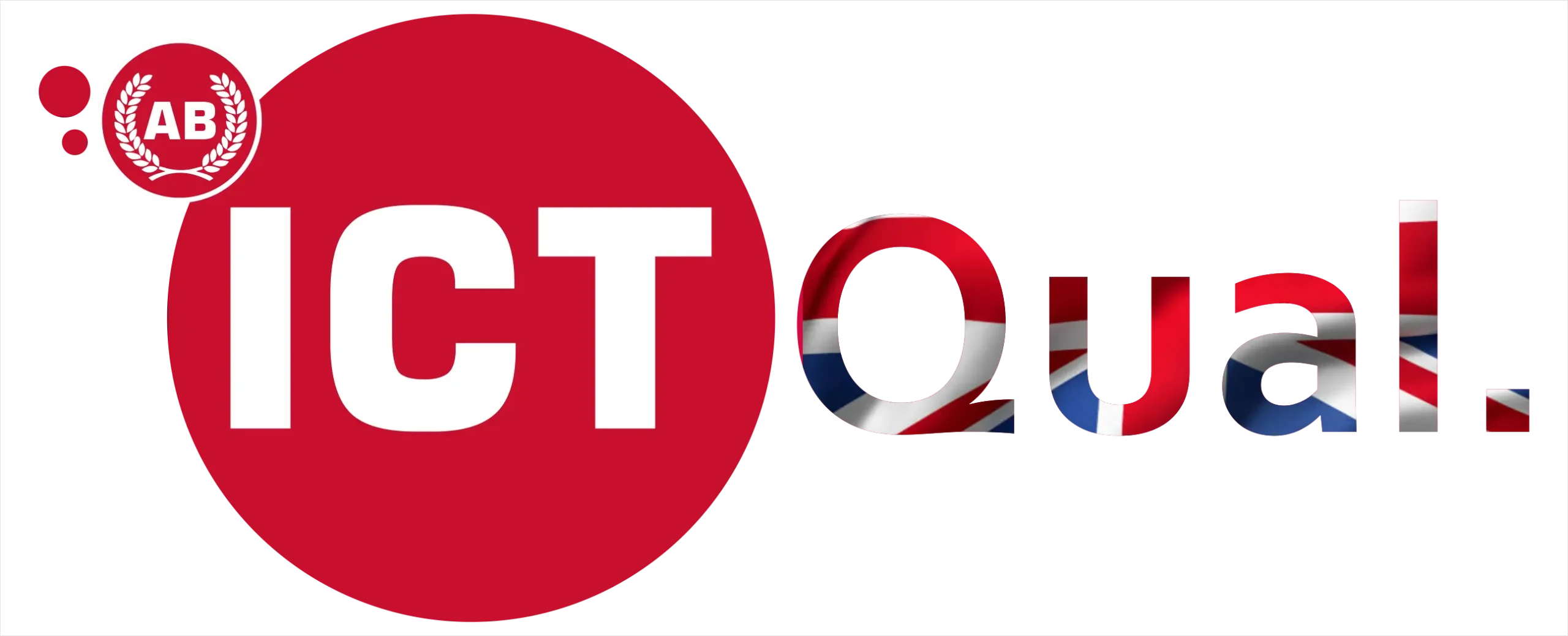ICTQual Certificate in NDT of Concrete Structures (Refresher)
In the realm of non-destructive testing (NDT), particularly within the domain of concrete structures, staying updated and proficient is paramount. The ICTQual Certificate in NDT of Concrete Structures (Refreshers) serves as a crucial refresher course for professionals looking to enhance their skills and maintain industry standards.
Non-destructive testing methods are instrumental in assessing the integrity and durability of concrete structures without causing damage. These methods include techniques such as ultrasonic testing (UT), electromagnetic methods (EM), radiography, and more. Over time, technological advancements and evolving standards necessitate periodic updates and refreshers for practitioners.
The ICTQual Certificate in NDT of Concrete Structures (Refreshers) stands as a cornerstone for professionals aiming to excel in non-destructive testing within the realm of concrete structures. By investing in continuous learning and skill development through refresher courses, professionals not only uphold industry standards but also pave the way for safer, more resilient infrastructure worldwide. Whether advancing their careers or enhancing their current roles, this certification ensures that professionals are well-prepared to tackle the challenges of modern construction and infrastructure maintenance.
Certificate in NDT for Flow Accelerated Corrosion (FAC) (Refresher)
Entry requirements for an ICTQual Certificate in NDT for Flow Accelerated Corrosion (FAC) (Refresher) may vary depending on the institution offering the program. However, typical entry requirements for such a course may include:
Learning Outcomes for the Study Units:
Fundamentals of NDT Techniques
- Understanding Principles: Participants will gain a deep understanding of the fundamental principles underlying various NDT techniques used in assessing concrete structures, including ultrasonic testing (UT), electromagnetic methods (EM), radiography, and visual inspection.
- Application Proficiency: Develop proficiency in applying NDT techniques to detect and assess concrete defects, ensuring accurate interpretation of test results.
- Limitations and Challenges: Identify the limitations and challenges associated with each NDT technique, enabling informed decision-making in inspection practices.
Advanced Applications in Concrete Structures
- Specialized Techniques: Explore advanced NDT techniques such as ground-penetrating radar (GPR), acoustic emission testing, and infrared thermography specific to concrete structures.
- Case Study Analysis: Analyze case studies to apply theoretical knowledge in practical scenarios, enhancing problem-solving skills in complex inspection environments.
- Effectiveness Assessment: Evaluate the effectiveness of advanced NDT techniques in detecting hidden defects and anomalies within concrete structures.
Industry Standards and Regulations
- Compliance Awareness: Familiarize with international and regional standards, codes, and regulations governing NDT practices in concrete construction.
- Quality Assurance: Understand the importance of compliance with regulatory requirements for ensuring safety, quality assurance, and legal adherence.
- Case Examples: Examine case examples illustrating compliance issues and resolutions within the NDT framework, emphasizing best practices and lessons learned.
Emerging Trends and Technologies
- Technological Advancements: Evaluate the impact of emerging technologies such as digital imaging, robotics, and artificial intelligence on NDT practices within the concrete construction industry.
- Future Trends: Discuss future trends in materials, construction methods, and NDT requirements, anticipating industry shifts and adapting inspection methodologies accordingly.
- Adaptation and Integration: Adapt to technological changes to enhance inspection accuracy, efficiency, and sustainability in concrete structure assessment and maintenance.
Future Progression for ICTQual Certificate in NDT for Flow Accelerated Corrosion (FAC) (Refresher):
1. Specialization in Advanced Techniques
Upon completion of the refresher course, professionals may choose to specialize further in advanced NDT techniques specific to concrete structures. This specialization can include mastering newer technologies such as digital imaging, robotics-assisted inspections, or specialized methods like acoustic emission testing and ground-penetrating radar (GPR). By becoming proficient in these advanced techniques, professionals enhance their ability to detect subtle defects and anomalies in concrete, contributing to more accurate assessments and improved structural integrity.
2. Leadership and Management Roles
With enhanced skills and knowledge gained from the refresher course, professionals are well-positioned to pursue leadership and management roles within their organizations or consulting firms. Leadership roles may involve overseeing NDT operations, managing inspection teams, and ensuring compliance with industry standards and regulations. These positions require a combination of technical expertise, project management skills, and a thorough understanding of safety and quality assurance practices in concrete construction.
3. Research and Development
For professionals interested in pushing the boundaries of NDT technology and innovation, opportunities in research and development (R&D) beckon. Future progressions may involve contributing to R&D projects focused on developing new NDT methodologies, improving existing techniques, or exploring applications of emerging technologies in concrete structure assessment. Research-oriented roles enable professionals to influence industry standards, contribute to knowledge advancement, and drive innovation in NDT practices.
4. Continued Professional Development
Continuous learning and professional development are essential for staying abreast of industry trends and maintaining certification requirements. Professionals can pursue further education, attend specialized workshops and conferences, or participate in CPD (Continuing Professional Development) programs. These activities not only expand technical knowledge but also foster networking opportunities with peers and experts in the field, keeping professionals informed about the latest advancements and best practices in NDT of concrete structures.
5. Consulting and Advisory Services
Experienced professionals may choose to offer consulting and advisory services to construction firms, government agencies, or private clients. Consulting roles involve providing expert advice on NDT strategies, conducting independent assessments, and recommending solutions for improving structural safety and performance. By leveraging their expertise and credibility gained through certification and experience, consultants play a crucial role in ensuring the integrity and longevity of concrete structures.
The ICTQual Certificate in NDT of Concrete Structures (Refresher) serves as a catalyst for future career progressions in the dynamic field of non-destructive testing. Whether specializing in advanced techniques, assuming leadership roles, contributing to research and development, pursuing continuous professional development, or offering consulting services, certified professionals are equipped to make significant contributions to the safety, efficiency, and sustainability of concrete construction projects.
